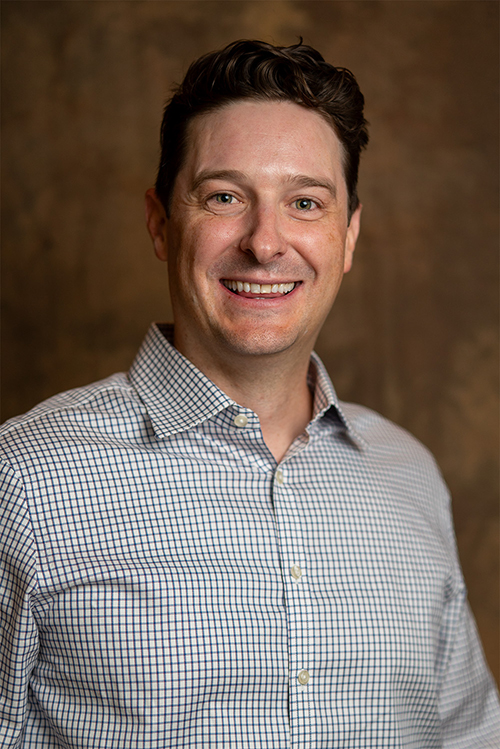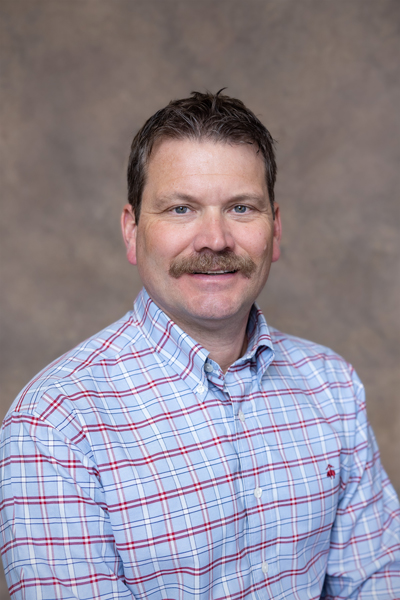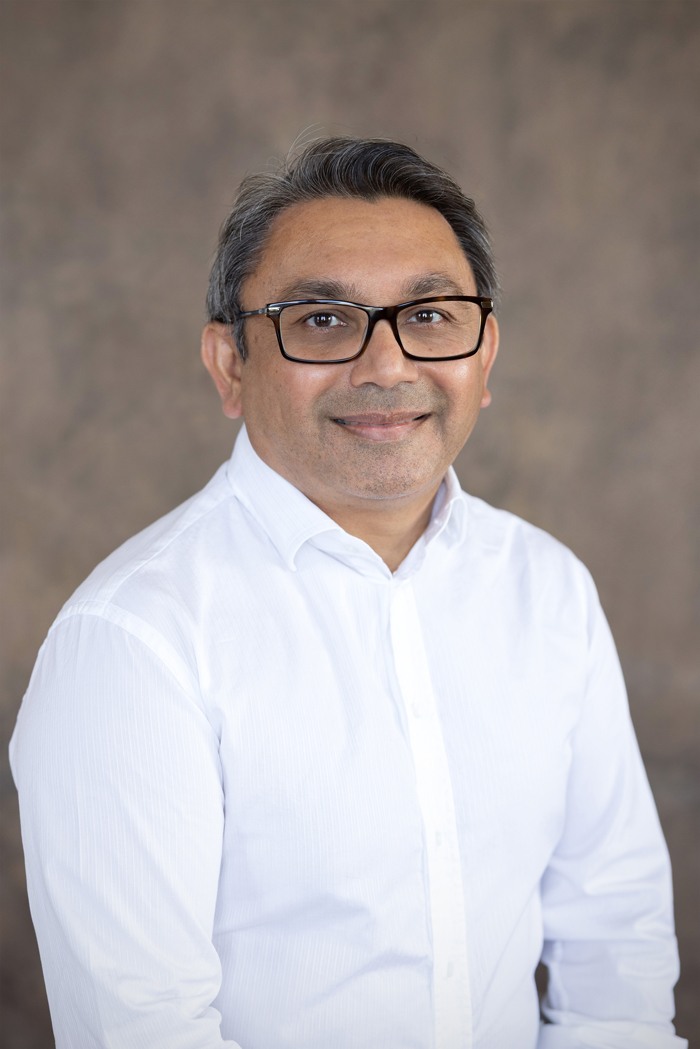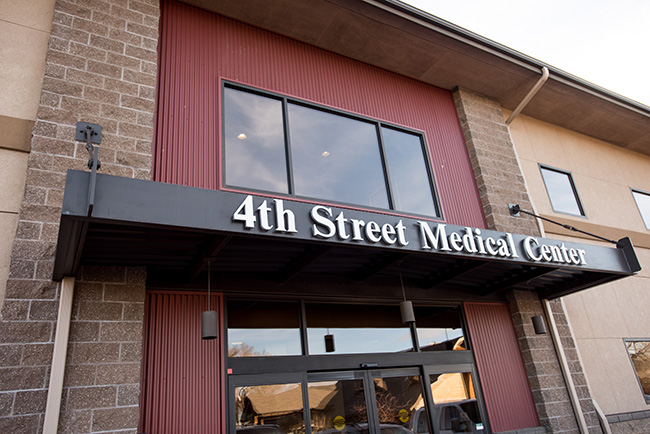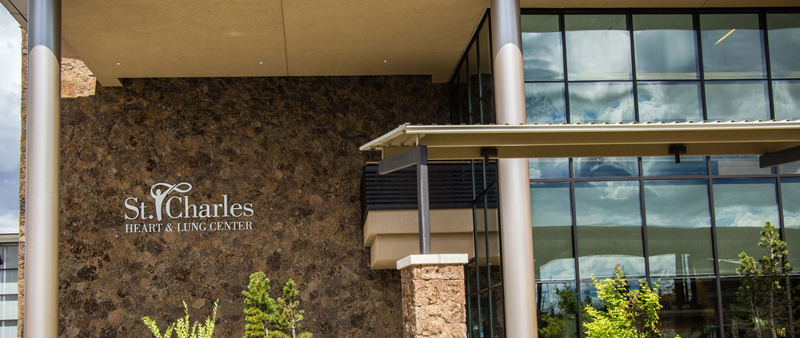EKGs help diagnose heart problems at St. Charles Bend
Physicians rely on a variety of medical test options to help them accurately diagnose and monitor heart conditions. One of the more fundamental cardiac tests available in determining if someone has developed heart disease is an electrocardiogram (EKG or ECG). At the St. Charles Heart and Lung Center in Central Oregon our doctors use EKGs to clarify if patients may be experiencing heart attack, irregular heartbeats (arrhythmias) or coronary artery disease.
An EKG is a safe, painless and routine procedure. While electrodes attached to your chest may feel cold, there is no electricity being sent through your body. The most common test is a standard, or resting, EKG that measures the heart’s electrical activity while you lie down or are semi-reclined. Stress tests that involve exercise — often conducted on a treadmill but sometimes induced by medicine that simulates exercise — can give physicians a better assessment of how your heart is affected by exercise. And, in some cases, cardiologists might want to conduct a 24-hour EKG through a Holter monitor — a battery powered heart rate monitoring device that records your EKG on a continuous basis, most often to determine if you have an arrhythmia.
Electrocardiogram excellence in Central Oregon
In many cases, your primary care physician will be the one initially ordering an EKG, especially if you have chest pains or feel palpitations. If you are scheduled for surgery, your doctor may order an EKG to get a current gauge on your heart status. Other doctors who order the test include ER doctors, cardiologists, cardiac surgeons, interventional cardiologists and thoracic surgeons. Cardiologists normally provide final interpretation of test results.
The test itself cannot detect future heart issues that may arise, but EKGs provide doctors with two measurements in assessing a heart’s health: one that defines how long it takes an electrical wave to pass through the heart, and a second that measures the electrical activity amount passing through the heart to determine if it may be working too hard or is enlarged. Through EKG, doctors are looking to conclude:
- If your heart is beating too fast (tachycardia), too slow (bradycardia) or irregularly (arrhythmias)
- Whether your heart may be enlarged or thickened (cardiomyopathy)
- If there is any damage to your heart due to heart attack, coronary artery disease or congenital heart defects
- What size your heart chambers are and how they are positioned
- How well devices used to control your heartbeat, or medicines you take, are working
- Whether you may have valve disease or pericarditis
Talk with your doctor about why you might need an EKG
The good news is that if you have to undergo an EKG, you are likely to know the results the same day it is performed, and whether you may need to arrange other tests or procedures. If you want to learn more about the St. Charles Heart and Lung Center in Bend or need to schedule an appointment, please call us today at 541-388-4333.
EKG services are just one of many ways that cardiologists and other specialists at the St. Charles Heart and Lung Center effectively diagnose and treat heart problems in Central Oregon.



